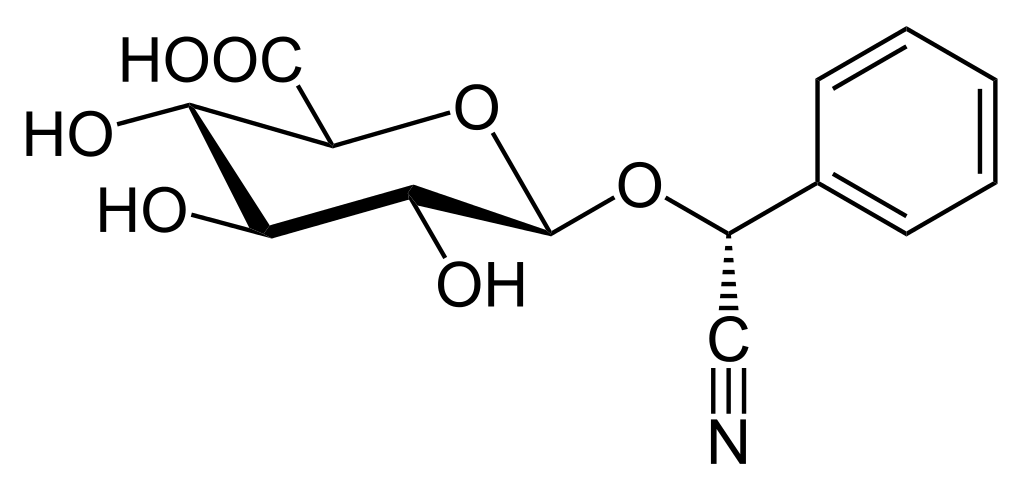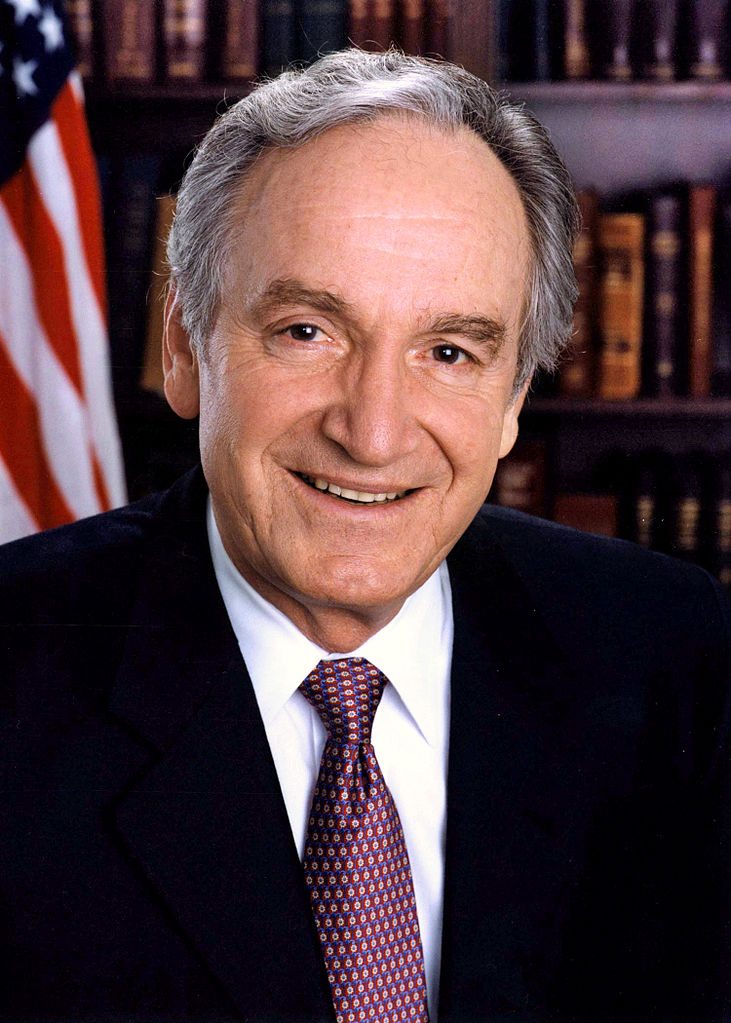Results for: gonzalez

Eric Merola and Ralph Moss try to exhume the rotting corpse of Laetrile in a new movie
Note: Some of you have probably seen a different version of this post fairly recently. I have a grant deadline this week and just didn’t have time to come up with fresh material up to the standards of SBM. This left me with two choices: Post a “rerun” of an old post, or recycle something. I decided to recycle something for reasons...

Yes, Chris beat cancer, but it wasn’t quackery that cured him
Chris Wark is a young man who was diagnosed with stage 3 colon cancer in 2003 at age 26. He underwent appropriate surgery for his cancer but declined adjuvant chemotherapy in favor of quackery. Now promotes his testimonial, in which he tries to convince people that it was the quackery, rather than the surgery, that cured him. He even claims that surgery...
Quantum Neurology
As the resident neurologist on SBM, my ears always prick up when I come across a new neurology-based scam, and my colleagues often send such items my way. In addition the word “quantum” has become a standard marketing term of alt. med quackery. So how could I resist taking a bite out of “quantum neurology”? One might think (if one were a...
The “no compassion” gambit
As usual, I was impressed with Mark Crislip’s post on Friday in which he discussed the boundaries between science-based medicine and what we sometimes refer to as woo or what Mark often refers to as sCAM. It got me to thinking a bit, which is always a dangerous thing, particularly when such thinking leads to my writing something for my not-so-super-secret other...

Congress will soon lose its foremost supporter of quackery, but will it matter?
I don’t much like Senator Tom Harkin (D-IA), and, I daresay, neither do any of my fellow bloggers here. The reason should be painfully obvious. Arguably, no single elected official currently serving today (or ever) has done more over a longer period of time to promote quackery in the United States. I make this harsh assessment because Senator Harkin was the legislator...
The American Medical Student Association: On “integrating” quackery with science-based medicine
There’s a saying in medicine that we frequently hear when a newer, more effective therapy supplants an older therapy or an existing therapy is shown not to be as efficacious as was once thought, and it has to do about how long it takes for the use of that therapy to decline. The saying basically says that the therapy won’t die out...
Systemic Enzyme Therapy
One of the recurrent themes in alternative medicine is the practice of simplifying complex medical conditions, and then offering up equally simple solutions which are positioned as still being within the realm of science. This approach allows the practitioner to ignore all of the complexity and difficulty of practicing real medicine, yet offer nostrums that, on first glance, can sound legitimate. Science-y,...
What is Science?
Consider these statements: …there is an evidence base for biofield therapies. (citing the Cochrane Review of Touch Therapies) The larger issue is what constitutes “pseudoscience” and what information is worthy of dissemination to the public. Should the data from our well conducted, rigorous, randomized controlled trial [of ‘biofield healing’] be dismissed because the mechanisms are unknown or because some scientists do not...
NIH Director Francis Collins doesn’t understand the problem with CAM
As the sole cancer surgeon among our stable of Science-Based Medicine (SBM) bloggers, I’m probably the most irritated at the infiltration of pseudoscience into academia (or, as we sometimes like to call it, quackademic medicine) in the realm of cancer. Part of the reason, of course, is that cancer is so common and that the consequences of adding pseudoscience to cancer therapy...

The compassion gambit
I’ve spent the last three weeks writing about a “brave maverick doctor” by the name of Stanislaw Burzynski who claims that he can cure cancers that regular oncologists cannot. He uses a combination of what he calls “antineoplastons” (which, it turns out, are more or less than the active metabolites of an orphan drug known as sodium phenylbutyrate) plus a very expensive...

